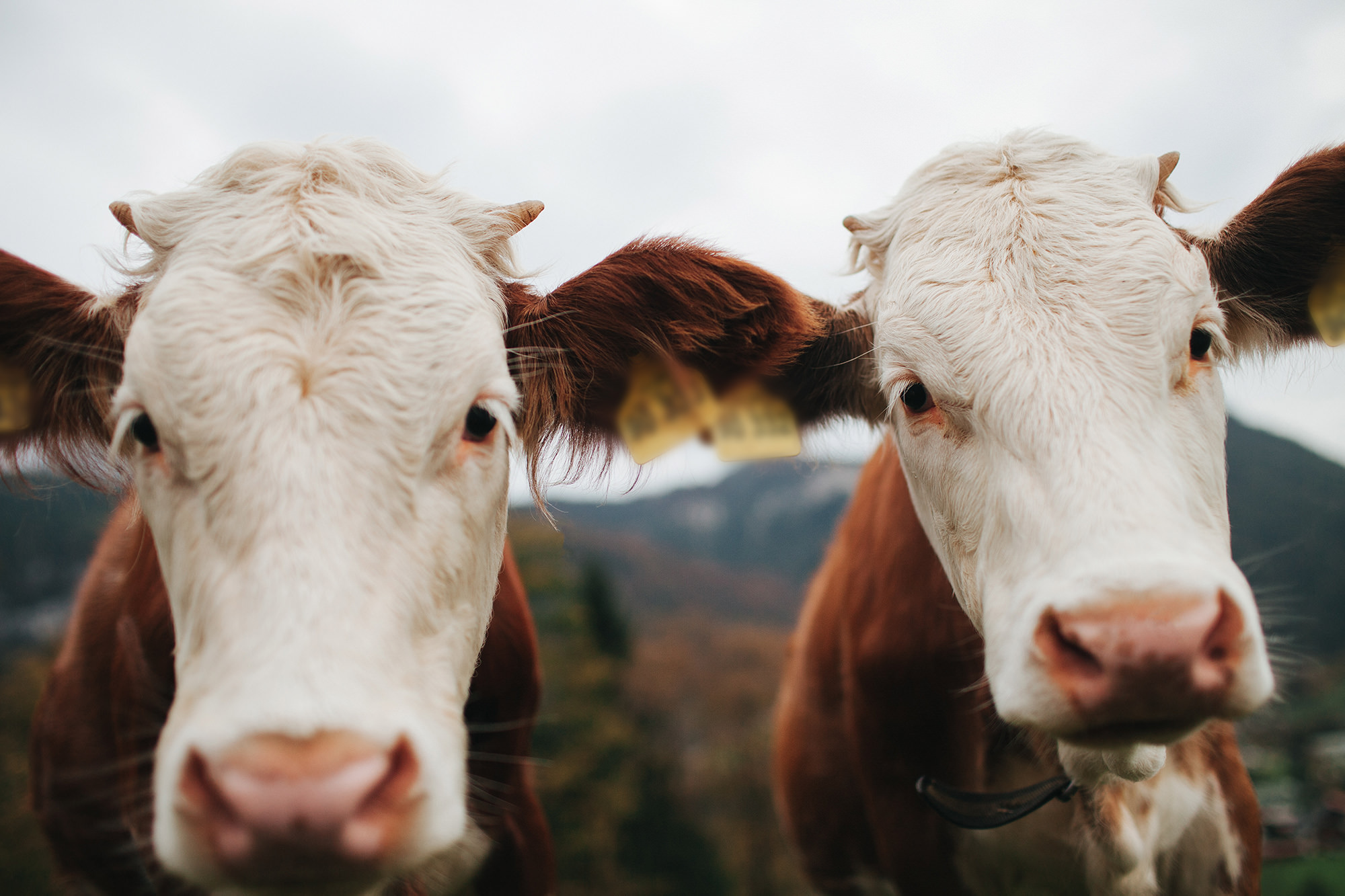Did you know eating less meat can help save our plant and make you healthier? Ok, so vegans and vegetarians don’t exactly have the best reputations. The movement to eliminate meat and/or animal products from the diets of individuals around the globe began with a lot of people shouting obnoxiously through megaphones, desperate to convert people to the cause.
Visions of hippies in ugly sandals might be one of the first things that comes to mind when you think of a vegan. Over the past several decades, all of this has turned almost everyone else off to the idea of stripping that juicy source of protein from their diets.
But could there really be something to a diet with less meat that the rest of us are missing? Could the benefits really be as awesome as they say?
First, a short rundown of what veganism and vegetarianism actually is. Most people know what a vegetarian is: someone who doesn’t consume meat. A vegan, on the other hand, is someone who doesn’t consume animal products at all. That includes eggs, cheese, butter, honey, etc.
There are different types of vegans and vegetarians as well. Some just refrain from eating animal products, while others seek to eliminate anything that uses animal parts in the production process at all.
Many things you might think are free of animal products, like wine, candy, cosmetics, glue, and even batteries and TVs, are actually not vegan.
THE LESS MEAT MOVEMENT GAINS TRACTION
Over the past two decades, more and more people have been switching to a plant-based diet, either for ethical or health reasons. This is in part due to a large portion of the the veganism movement that has changed it’s tune from megaphone-carrying extremism to an approach that’s much more realistic for the average person.
Now, more vegans and vegetarians are advocating for incremental change instead of encouraging people to quit cold turkey overnight (pun intended). This, combined with exposure from documentaries like Cowspiracy and Forks Over Knives, have led to an increase in the number of people who’ve started adopting a meat-free diet. In fact, the number of vegans in Britain, for example, has increased by 350% in the past ten years.
THE PROBLEM WITH MEAT AND CLIMATE CHANGE
What pops into your head when you think of factors that contribute to climate change? Most likely, images of millions of cars on the highway every day, or factory smoke stacks releasing massive amounts of carbon dioxide into the air. What you probably don’t think of: cows.
However, the meat industry is one of the greatest contributors to climate change. In fact, animal agriculture is responsible for 14% – 18% of greenhouse gas emissions each year. Some experts even say that if we gave up beef (the worst offender), it can have a greater impact on reducing our carbon footprint than if we gave up cars!
Not only that, but animal agriculture takes up a significant amount of land and fresh water and often leads to deforestation. Overfishing leads to ocean dead zones and fisherie depletion and can disrupt entire ecosystems.
Another problem is the lack of government intervention in the industry. Although animal agriculture’s impact on the environment could likely be lessened through innovation, technology, and implementation of more efficient systems, there is a significant lack in government regulation on the issue. This is for a variety of reasons, from old laws that protect farmers to the work of powerful lobbying groups.
THE PROBLEM WITH MEAT AND YOUR HEALTH
“But wait!” you might say. “Isn’t meat good for you?” Well, not exactly. Because meat contains nutritional essentials like protein, B12, and iron, you might think cutting meat out of your diet could have a negative effect on your health. However, studies continually show that eating a plant-based diet can actually be healthier than the alternative. Why?
1. Additives like hormones and antibiotics
It may seem like common sense that we wouldn’t want extra chemicals in our food. But why exactly are these things bad for our health? Many cows are given hormones like estrogen, which has been linked to various types of cancer when it exists in the body in higher than normal amounts. It has also long been suspected that these hormones are contributing to an increase in early puberty in children, though more research needs to be done to confirm this.
Antibiotics given to animals to keep them healthy (especially while they live in very tight corners with each other) can be harmful to humans as well. The overuse of antibiotics create antibiotic-resistant bacteria that could potentially put both animals and humans at risk for diseases that can’t be cured with medicine.
2. Increased risk of diabetes, cancer, and more
You read that right. The sad truth is that studies continually show an increased risk of developing diabetes, high blood pressure, cardiovascular disease, and cancer with a heavy meat diet.
Large studies in the UK found that vegetarians were 40% less likely to develop cancer than their meat-eating counterparts. And “a study published last March found a 75% increase in premature deaths from all causes, and a 400% increase in deaths from cancer and Type 2 diabetes, among heavy consumers of animal protein under the age of 65” (heavy consumers are those who got 20% or more of their calories from animal protein).
This increased risk is partly due to all of the additives and partly because the average person simply eats too much of it and our bodies can’t handle all of the saturated fat, sodium, and carcinogenic compounds (which are formed when meat is cooked).
If you do decide to decrease your meat intake, make sure you do it right. It doesn’t have to be difficult to replace your iron, protein, and other vitamins you used to get from meat. In fact, you’re probably already eating a lot of other foods that contain a significant amount of those vitamins and minerals found in meat. To learn about which nutrients to be conscious of as you switch to a meatless diet, click here.

SO, WHAT DO YOU DO?
Let’s be realistic: steak is yummy. And when consumed the right way, there can be benefits. But there are a few things you can do to begin to reduce consumption or eat meat and animal byproducts more consciously:
1. Get educated.
As with just about anything, educating yourself is the first step. After all, if you don’t know the why behind your actions, they’re not likely to last. If you read this far in this article, you’re already on your way to educating yourself about the issues with the meat industry! To further your education, watch Cowspiracy, a documentary that goes deep into the beef industry (it’s on Netflix!). The Vegan Society, which has been around since 1944, is another great resource that provides tons of information about animal-free business, fashion, eating, and more.
2. Start Small.
You don’t have to cut out meat and animal products completely in order to make a difference. If we all decided to just cut back our meat consumption, it would make a big impact. So consider making the decision to just eat meat once or twice a week. Cut things out slowly and replace them with alternatives.
3. Choose wisely.
When you do consume meat, some options are better than others. Choose organic, grass-fed beef, which doesn’t have added hormones and antibiotics that can be harmful to your health. Try to buy your meat, eggs, and dairy products from local farmers who feed their animals nutritious food, and let their animals live and die humanely. (But be careful; terms like “cage-free” and “free-range” don’t always mean what you think, so buy fresh and local instead.)

Shop Pillows
The Essential Organic Pillow Collection
Gentle, breathable, non-toxic support.






